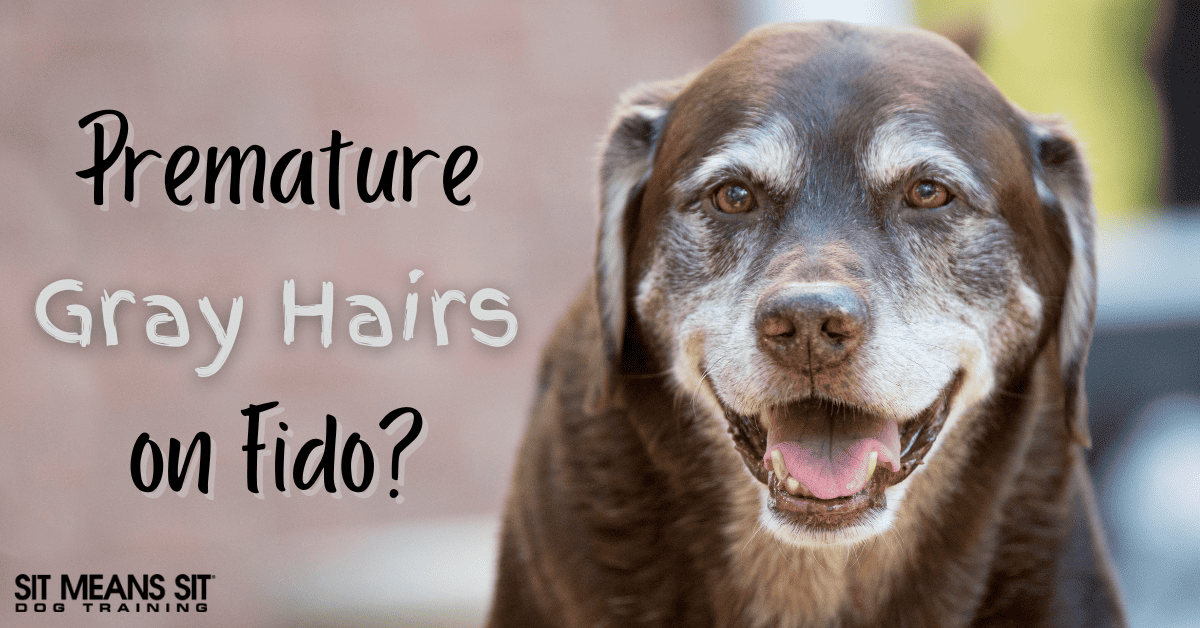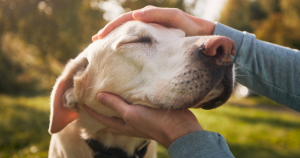
Noticing Premature Gray Hair on Your Pup?
As dog owners, we often notice every little change in our furry companions, from their wagging tails to the sparkle in their eyes! So, what happens when you see a few silver strands in your pup’s coat? While it may come as a surprise, premature gray hair in canines is more common than you might think! Keep reading to explore the phenomenon of premature gray hair in dogs, what causes it, and why there’s no need to fret!

Understanding Premature Gray Hair in Dogs
Genetics
Like humans, genetics play a significant role in determining the color and timing of gray hair in our furry friends! Some breeds are more predisposed to premature graying than others. Breeds such as Poodles, Schnauzers, and Dachshunds are known for developing gray hair at a relatively young age.
Stress
Believe it or not, stress also contributes to premature graying in dogs. Significant life changes, anxiety, or prolonged periods of stress can impact your pup’s coat health and may lead to the premature appearance of gray hair.
Nutritional Deficiencies
A balanced diet is essential for maintaining your pet’s overall health, including the health of their coat. Nutritional deficiencies, particularly in crucial vitamins and minerals like zinc and copper, can affect coat pigmentation and contribute to premature graying.
Underlying Health Conditions
In some cases, premature graying in dogs can be a symptom of an underlying health issue. Conditions such as thyroid dysfunction or vitiligo may manifest as changes in coat color, including premature graying.
Embracing the Silver
While noticing premature gray hair on your pup may cause concern, it’s essential to remember that it’s a natural part of the aging process for our pups! Embracing your dog’s silver strands can be a celebration of their journey through life and the wisdom that comes with age!
What You Can Do
Regular Veterinary Check-ups
Schedule regular check-ups with your veterinarian to monitor your dog’s overall health and address concerns about graying or changes in coat color. They may be able to prescribe a multivitamin to fit all of Fido’s vitamin requirements!
Healthy Diet
Ensure your pooch is receiving a balanced diet tailored to their nutritional needs. High-quality commercial dog food or a veterinarian-approved homemade diet can help support coat health and minimize premature graying.
Stress Management
Minimize stressors in your pet’s environment and provide plenty of opportunities for exercise, mental stimulation, and relaxation! Daily walks, interactive play, and calming routines can help reduce stress and promote overall well-being!
